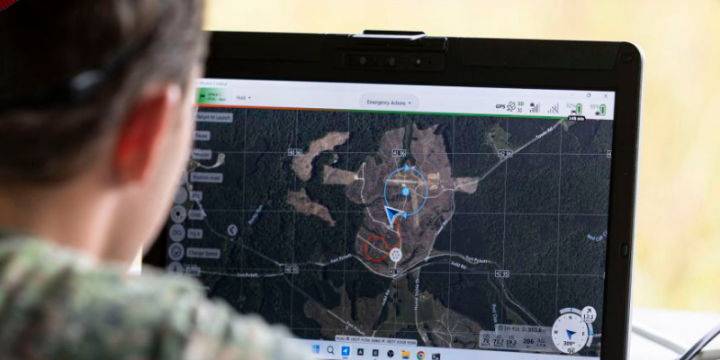The European Commission is making a total of €204 million available under the second series of calls within the Digital Europe Programme 2025–2027. The new funding calls focus on areas such as business digitalisation, digital skills, healthcare, public administration and the automotive industry. The first calls (EU Digital Identity Wallet and mobile driving licences) are now open and close on 9 December 2025. The remaining calls will open on 4 November 2025 and close on 3 March 2026.
Budget allocation and themes
The funding is distributed across several themes within two work programmes: the main work programme and the cybersecurity work programme. The budget allocation is as follows:
- €79.2 million to strengthen and €8 million to complete the network of European Digital Innovation Hubs, which support companies in their digital transformation.
- €22.5 million for biomedical research and the rollout of personalised healthcare.
- €14.4 million for the application of artificial intelligence (AI) in medical imaging.
- €9 million for the sharing of industrial data.
- €4.5 million for the establishment of the European Connected and Automated Vehicle Alliance (ECAVA).
- €6 million to combat disinformation.
- €15 million for the development of EU Digital Identity Wallets and mobile driving licences.
Upcoming calls and matchmaking
As part of these calls, the Benelux Digital Europe Programme matchmaking event will take place on 5 November 2025. During this event, participants will receive more information on both the current and upcoming calls and have the opportunity to find partners and further develop project ideas.
More information and registration
About the Digital Europe Programme
The Digital Europe Programme (DEP) is a European funding initiative specifically aimed at the large-scale deployment of digital technologies in society and the economy. Its goal is to accelerate Europe’s digital transformation by investing in areas such as supercomputing, cloud and data, artificial intelligence, cybersecurity, and digital skills. The programme also supports the digitalisation of the public sector and small and medium-sized enterprises (SMEs).





